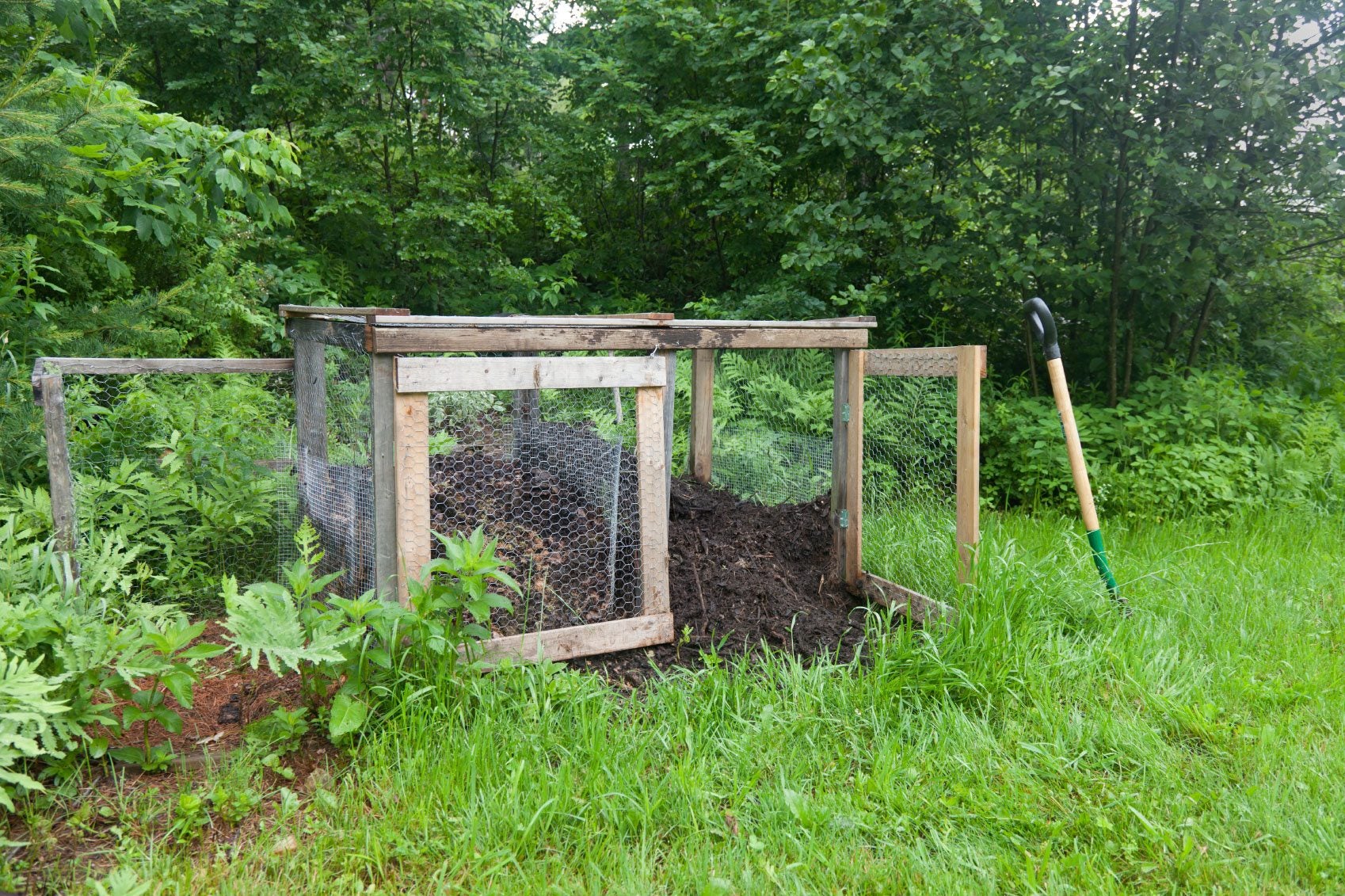Managing Compost Odors: How To Keep An Odorless Compost Bin


Compost is an inexpensive and renewable soil amendment. It is easy to make in the home landscape from leftover kitchen scraps and plant material. However, keeping an odorless compost bin takes a little effort. Managing compost odors means balancing the nitrogen and carbon in the material and keeping the pile moderately moist and aerated. What causes stinky compost piles? Organic waste breaks down with the help of bacteria, microbes and small animals, such as snails and worms. All of this life needs oxygen to survive and decompose the material. Additionally, a careful balance of nitrogen and carbon is necessary for an odorless compost bin. Moisture is another factor and certain food items, such as meat, should be avoided, as they take longer to compost and can leave bad bacteria in the resulting material.
Managing Compost Odors
Anything that was once alive is compostable. Meat and bones take longer and shouldn't go in unless you really know what you are doing. The four important factors in composting are the material, water, oxygen and heat. Without a careful balance of these four parts, the result may be stinky compost piles. The material in the pile should be about one-quarter nitrogen-rich items and three-quarters carbon-rich items. Nitrogen-rich items are usually green and carbon materials are generally brown, so make sure your compost heap is evenly balanced with greens and browns. Nitrogen sources are:
Carbon sources would be:
The pile should be kept moderately moist but never soggy. Turning the pile frequently exposes it to oxygen for the bacteria and animals that are doing all the work. Compost needs to get up to 100 to 140 degrees Fahrenheit (37-60 C.) for best decomposition. You can enhance the temperature by using a black bin or covering a pile with dark plastic. Odor management in compost is the result of this careful balance of organic material and conditions. If one aspect is not stable, the whole cycle is thrown off and odors may result. For instance, if the compost is not warm enough, the heat loving microbes (which are responsible for the initial break down of the material) will not be present. That means the materials will simply sit there and rot, which brings about odors. The microbes and other organisms that break down the material give off carbon dioxide and heat during the aerobic respiration process. This enhances solar heat and encourages more bacteria and microbes for quicker composting. Smaller pieces compost more quickly, reducing any odors. Woody material should only be ¼-inch (.6 cm.) in diameter and food scraps should be cut into small pieces.
How to Fix Stinky Compost Piles
Odors such as ammonia or sulfur are indicative of an unbalanced pile or incorrect conditions. Check to see if the pile is too soggy and add dry soil to correct this.
- Turn the pile at least weekly to add oxygen for the little organisms that are breaking down the waste.
- Increase the carbon if you smell ammonia, which indicates excess nitrogen.
- Make sure your pile or bin is located in full sun so it stays warm enough.
Odor management in compost is easy with a carefully maintained equilibrium of the four composting factors.
Sign up for the Gardening Know How newsletter today and receive a free copy of our e-book "How to Grow Delicious Tomatoes".

Bonnie Grant is a professional landscaper with a Certification in Urban Gardening. She has been gardening and writing for 15 years. A former professional chef, she has a passion for edible landscaping.